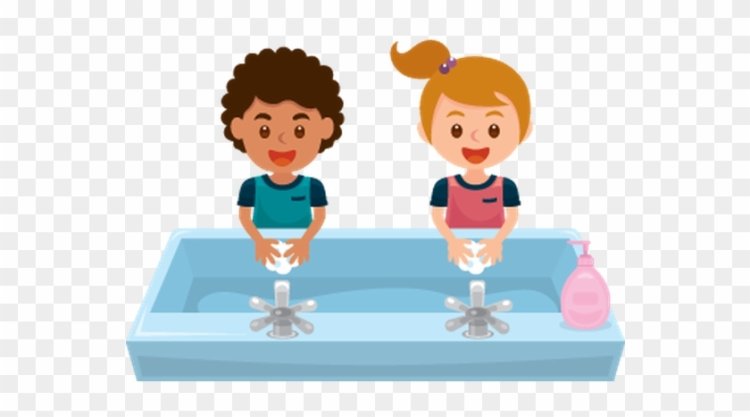When and How to Wash Your Hands?
Following these handwashing guidelines helps protect you and others from illness while maintaining good hygiene.

When and How to Wash Your Hands?
Washing your hands is a fundamental hygiene practice that helps prevent the spread of germs and infections. Here are guidelines on when and how to wash your hands effectively:
When to Wash Your Hands:
Before Handling Food:
- Before cooking or eating.
- Before and after handling raw meat, poultry, or seafood.
After Using the Bathroom:
- After using the toilet or changing diapers.
After Touching Animals:
- After touching pets or other animals.
- After cleaning pet waste.
After Coughing or Sneezing:
- After coughing or sneezing into your hands.
After Touching Your Face:
- After touching your eyes, nose, or mouth.
After Handling Waste:
- After touching garbage or waste materials.
After Being in Public Spaces:
- After using public transportation.
- After being in a public place where you may have touched surfaces frequently touched by others.
When Hands are Visibly Dirty:
- If your hands are visibly dirty or soiled.
How to Wash Your Hands Properly:
Use Soap and Water:
- Wet your hands with clean, running water (warm or cold).
- Apply soap and lather well.
Scrub Thoroughly:
- Scrub all surfaces of your hands, including the backs of your hands, between your fingers, and under your nails.
- Continue scrubbing for at least 20 seconds (sing "Happy Birthday" twice to estimate the time).
Nail and Jewelry Care:
- Pay attention to cleaning under your nails and removing any jewelry, like rings, that might trap germs.
Rinse Under Clean Water:
- Rinse your hands thoroughly under clean, running water.
Dry Hands:
- Dry your hands using a clean towel or air dryer.
- If possible, use a disposable towel to turn off the faucet and open the bathroom door.
Also read: Cold Showers Vs Hot Showers
Additional Tips:
Hand Sanitizer:
- If soap and water are not available, use an alcohol-based hand sanitizer with at least 60% alcohol.
- Apply the sanitizer to all surfaces of your hands and rub them together until dry.
Avoid Touching Your Face:
- Minimize touching your face, especially your eyes, nose, and mouth, with unwashed hands.
Regular Handwashing Routine:
- Make handwashing a regular part of your routine, especially during flu season or in situations where you may be exposed to germs.
By following these guidelines for when and how to wash your hands, you can help protect yourself and others from the spread of illnesses and maintain good hygiene practices.














